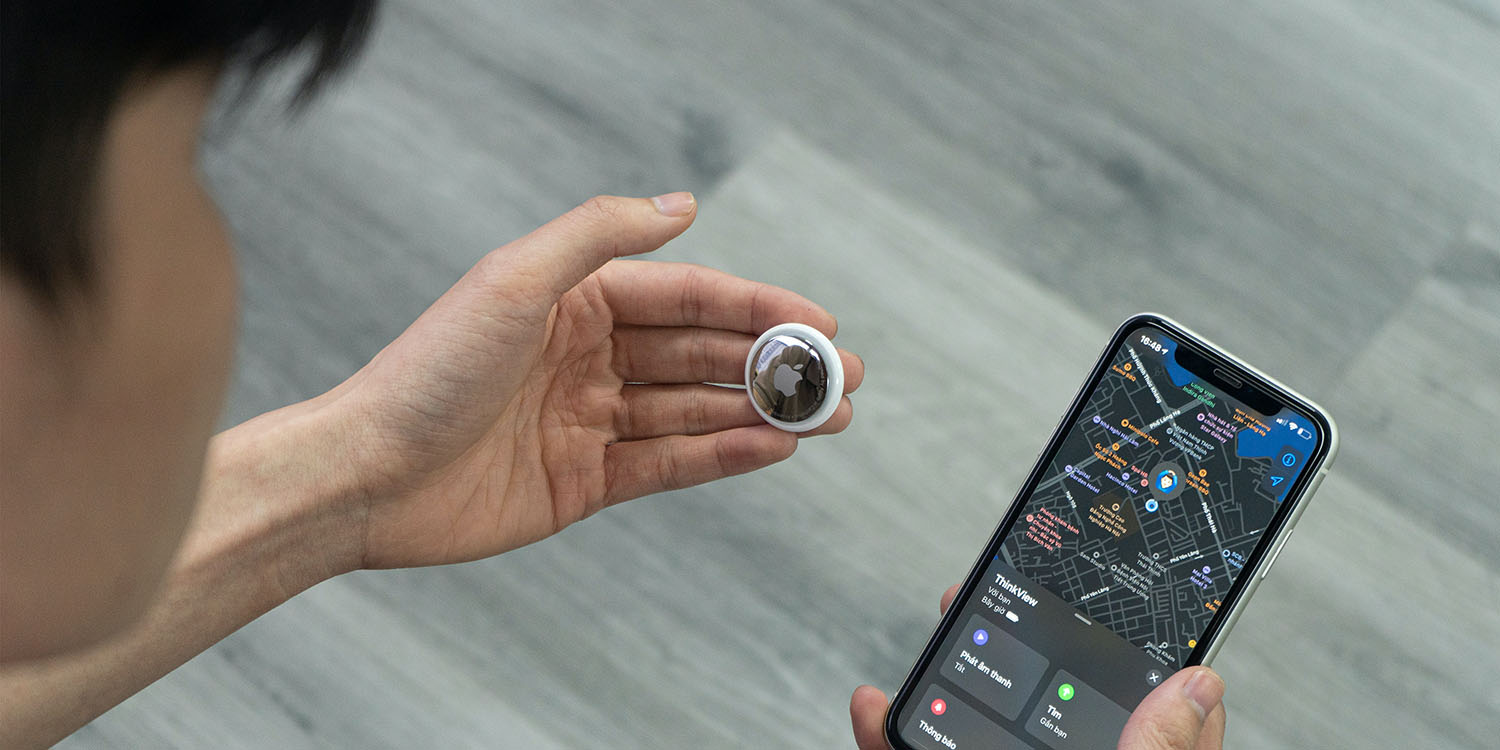
Apple is being sued by two women over AirTag stalking, with the company accused of making it too easy for exes to track their movements. The case could form the basis of a class action lawsuit.
In a separate case, police are being sued for conducting an alleged illegal search after they raided a property based on an iPhone (very vaguely) located using the Find My app …
Background
AirTag stalking became an issue very soon after the launch of the tracking device – not because tracking devices were a new thing, but because the high-profile launch brought them to the attention of criminals as well as customers.
Apple subsequently introduced two rounds of improvements to the anti-stalking features, but even those weren’t enough to prevent them from being abused.
The good news is that stalkers dumb enough to use AirTags are very likely to be detected.
Apple sued over AirTag stalking
Bloomberg reports that two women are suing Apple.
Apple Inc. was sued by two women who say its AirTag devices make it easy for stalkers to track and terrorize victims […]
An ex-boyfriend of one of the women who filed the lawsuit planted an AirTag in the wheel well of her car and was able to find out where she had moved to avoid his harassment, according to the proposed class-action complaint filed Monday in federal court in San Francisco.
The other woman said her estranged husband tracked her movements by placing an AirTag in her child’s backpack.
The lawsuit also claims that AirTag tracking has been involved in at least two murders.
In one instance, an ex-boyfriend used the device to track and shoot a woman in Akron, Ohio; in another, a woman in Indianapolis, Indiana, hid an AirTag in her ex-boyfriend’s car, followed him to a bar and ran him over.
Apple hadn’t responded to a request for comment at the time of writing.
We’ve suggested five additional safeguards Apple could introduce to further protect against AirTag stalking.
Police sued over Find My app search
In an unrelated case, Arstechnica reports that a woman is suing Colorado police who, she says, conducted an illegal search of her property based on a vague iPhone location provided by the Find My app.
Nobody told 77-year-old Ruby Johnson what was going on when she opened her front door to a SWAT team assembled on her lawn.
Much later, she found out about a stolen truck—reportedly with six guns and an iPhone stashed inside—wrongly believed to be parked in her garage based on no evidence other than her home being located within a wide blue circle drawn by a “Find My” iPhone app.
Now she’s suing a Denver cop for conducting what she believes was an illegal search of her home based on what her legal team describes as either an intentionally or recklessly defective application for a search warrant that was “wholly devoid of probable cause.”
The theft victim used the Find My app to track the iPhone they left inside the stolen truck. This gave only a general location in the form of a four-block radius. It appears that the victim decided for himself that a particular garage was the most likely location, and passed that address to police. It seems police then raided the address without establishing for themselves the accuracy of the location.
Based on what’s been reported, it seems an innocent mistake. It seems likely that the victim thought the center of the circle was the precise location, and that police believed the victim had identified the actual address. However, it still seems grossly negligent that the police didn’t properly examine the evidence before conducting the raid.
FTC: We use income earning auto affiliate links. More.






Comments